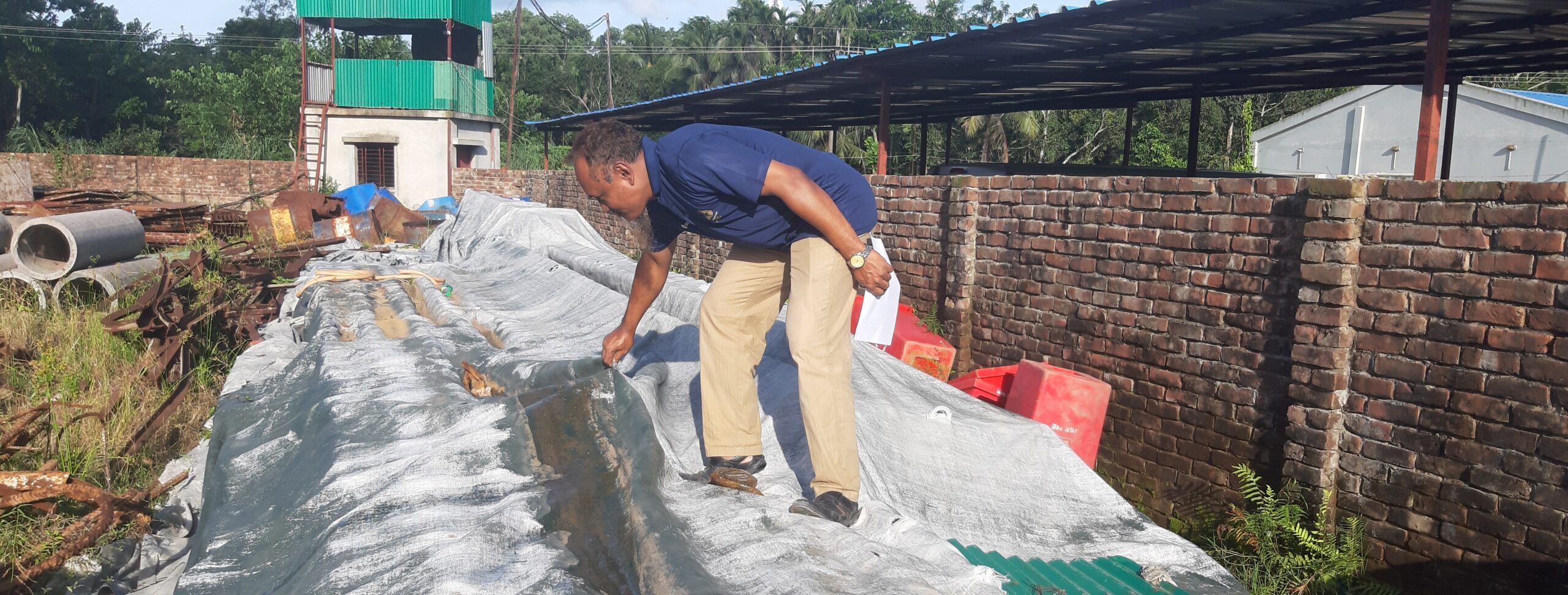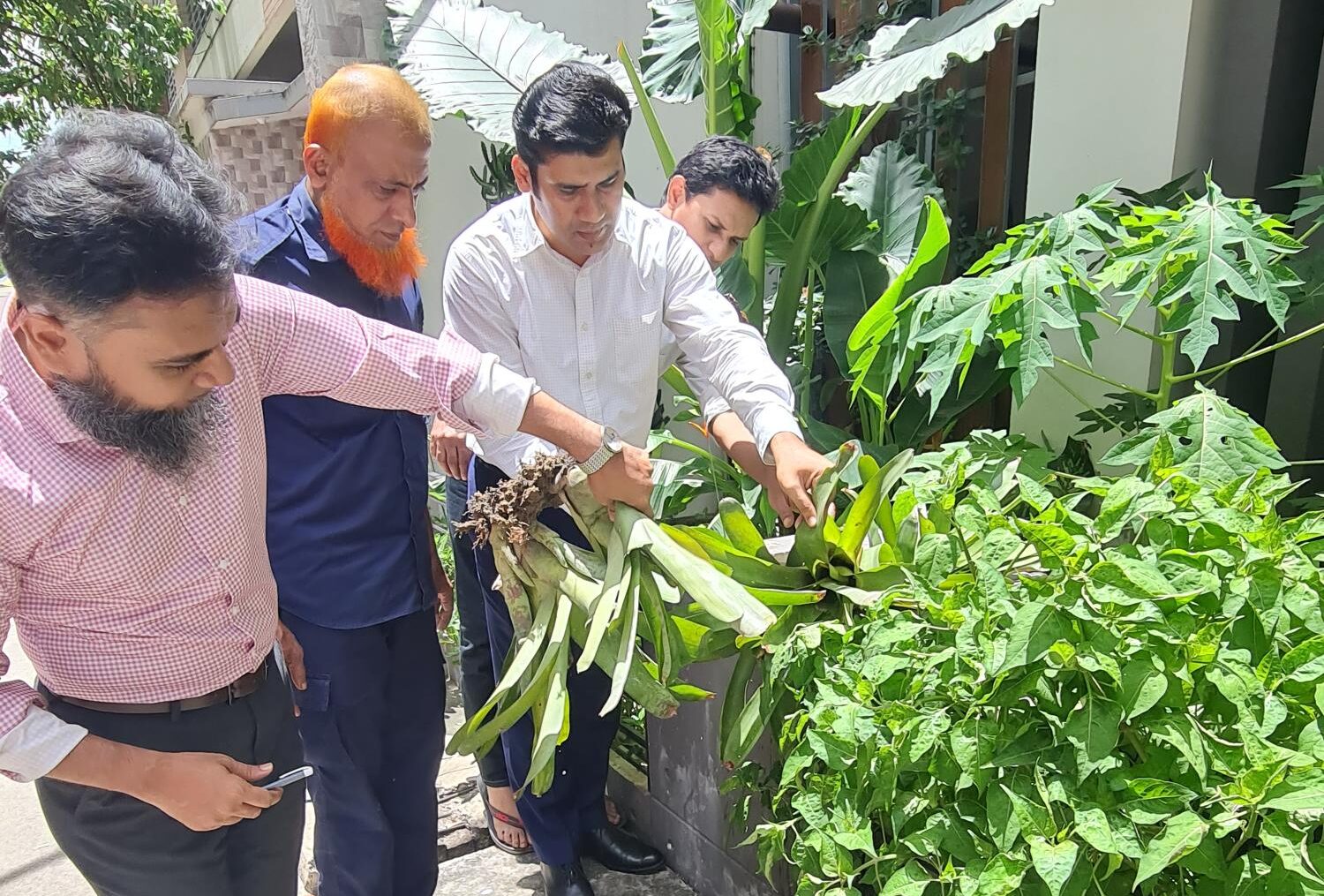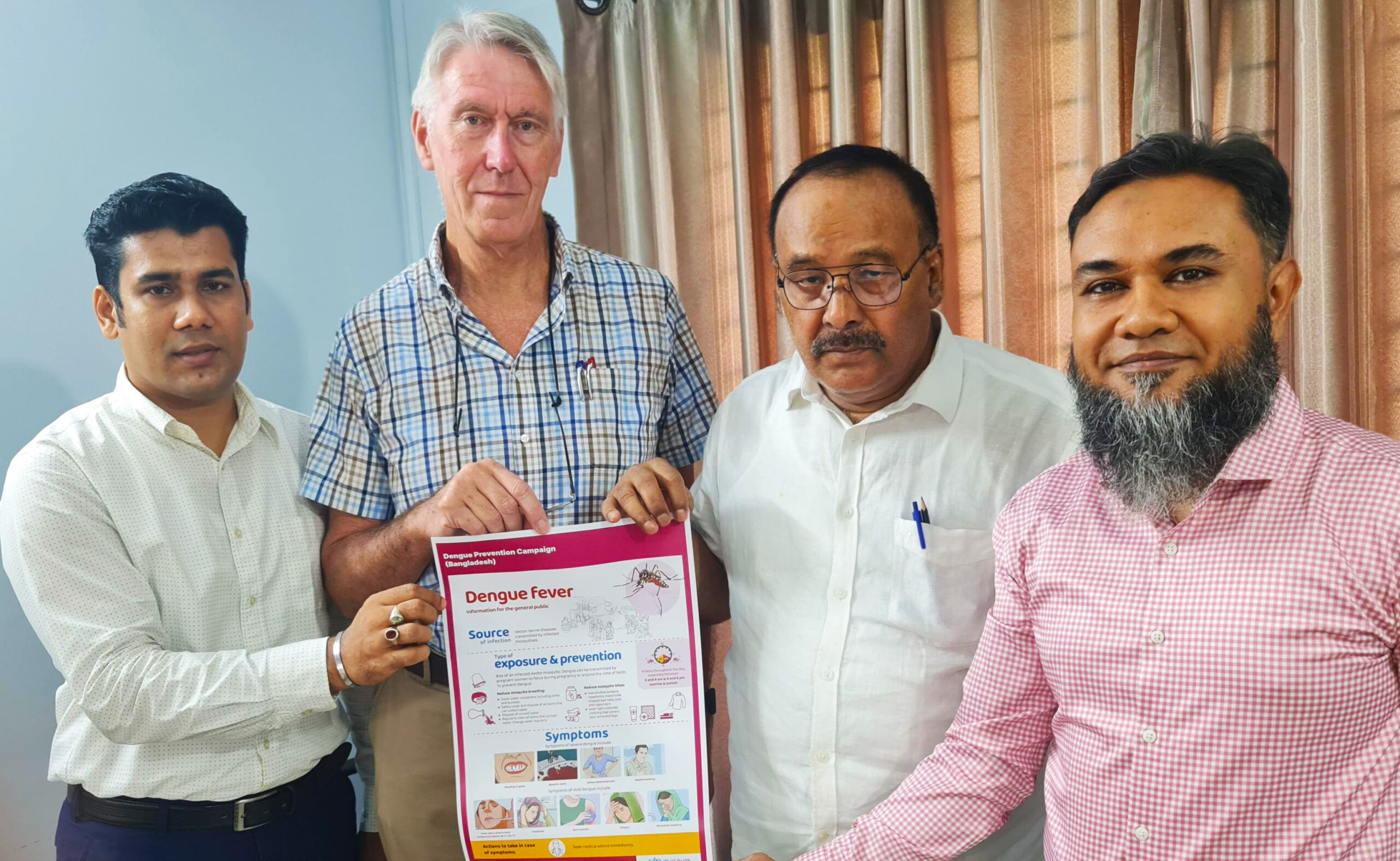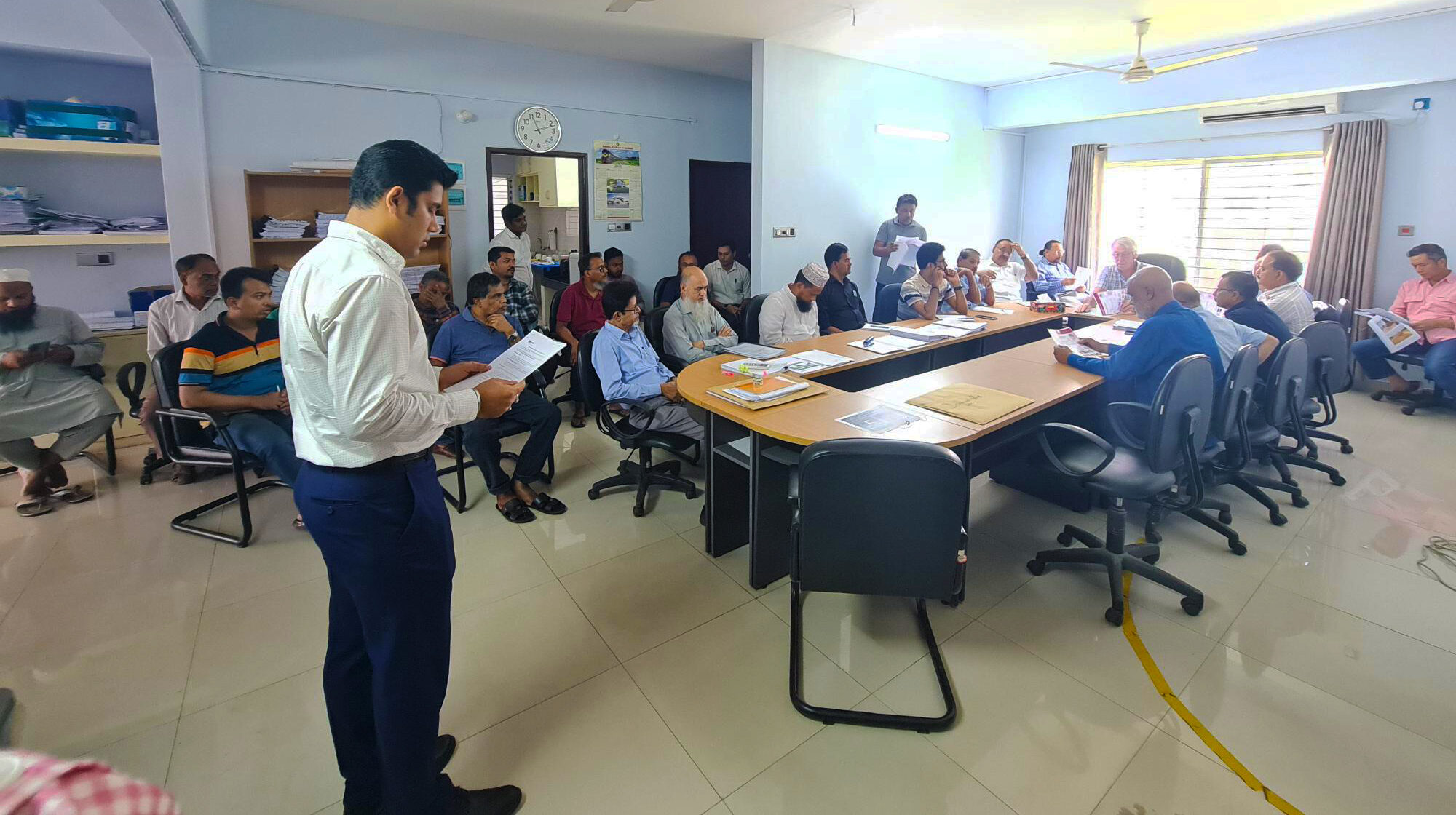





 Celebrating International Women in Engineering Day: Insights from Female Engineers at SJ Group
Celebrating International Women in Engineering Day: Insights from Female Engineers at SJ Group
On this International Women in Engineering Day, we celebrate the incredible contributions of females in the engineering field who have enhanced our everyday lives and are helping to build a brighter future. This year’s theme, ‘Enhanced by Engineering,’ highlights the significant impact that women engineers have on innovation and sustainable development. We spoke with three accomplished engineers from the Surbana Jurong Group - Esther Wangari, Mobina Zafar, and Helen Baxter-Crawford - to gain their insights and experiences in the industry.








